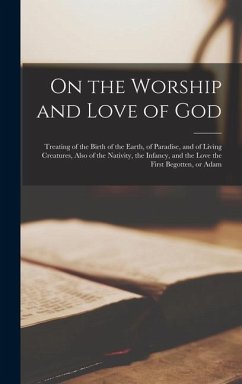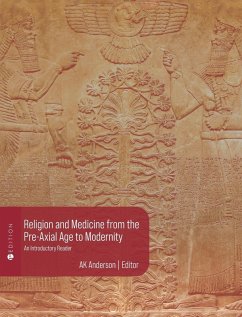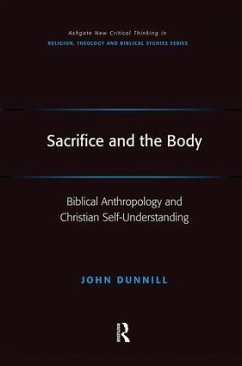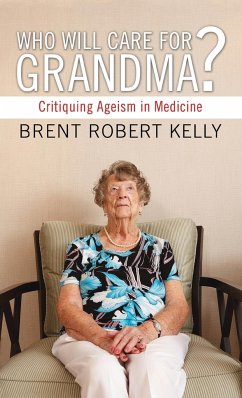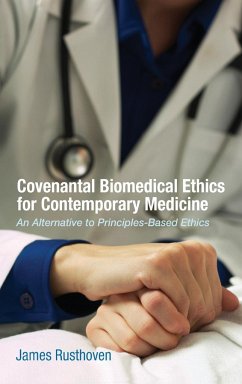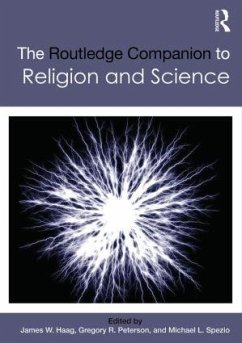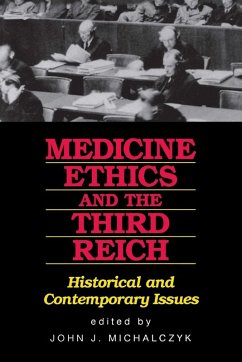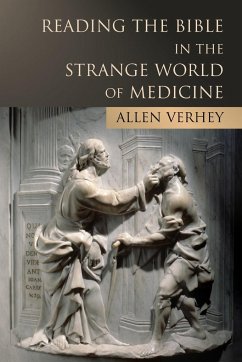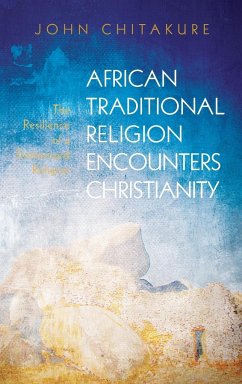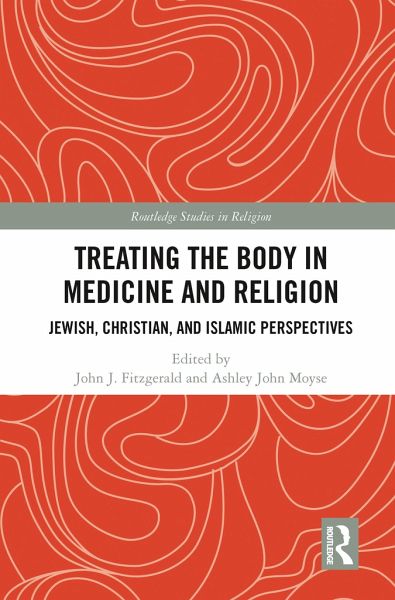
Treating the Body in Medicine and Religion
Jewish, Christian, and Islamic Perspectives
Herausgegeben: Fitzgerald, John J.; Moyse, Ashley John
Versandkostenfrei!
Versandfertig in 1-2 Wochen
55,99 €
inkl. MwSt.

PAYBACK Punkte
28 °P sammeln!
Modern medicine has produced many wonderful technological breakthroughs that have extended the limits of the frail human body. However, much of the focus of this medical research has been on the physical, often reducing the human being to a biological machine to be examined, understood, and controlled. This book begins by asking whether the modern medical milieu has overly objectified the body, unwittingly or not, and whether current studies in bioethics are up to the task of restoring a fuller understanding of the human person. In response, various authors here suggest that a more theological...
Modern medicine has produced many wonderful technological breakthroughs that have extended the limits of the frail human body. However, much of the focus of this medical research has been on the physical, often reducing the human being to a biological machine to be examined, understood, and controlled. This book begins by asking whether the modern medical milieu has overly objectified the body, unwittingly or not, and whether current studies in bioethics are up to the task of restoring a fuller understanding of the human person. In response, various authors here suggest that a more theological/religious approach would be helpful, or perhaps even necessary.
Presenting specific perspectives from Judaism, Christianity and Islam, the book is divided into three parts: "Understanding the Body," "Respecting the Body," and "The Body at the End of Life." A panel of expert contributors-including philosophers, physicians, and theologians and scholars of religion- answer key questions such as: What is the relationship between body and soul? What are our obligations toward human bodies? How should medicine respond to suffering and death? The resulting text is an interdisciplinary treatise on how medicine can best function in our societies.
Offering a new way to approach the medical humanities, this book will be of keen interest to any scholars with an interest in contemporary religious perspectives on medicine and the body.
Presenting specific perspectives from Judaism, Christianity and Islam, the book is divided into three parts: "Understanding the Body," "Respecting the Body," and "The Body at the End of Life." A panel of expert contributors-including philosophers, physicians, and theologians and scholars of religion- answer key questions such as: What is the relationship between body and soul? What are our obligations toward human bodies? How should medicine respond to suffering and death? The resulting text is an interdisciplinary treatise on how medicine can best function in our societies.
Offering a new way to approach the medical humanities, this book will be of keen interest to any scholars with an interest in contemporary religious perspectives on medicine and the body.





